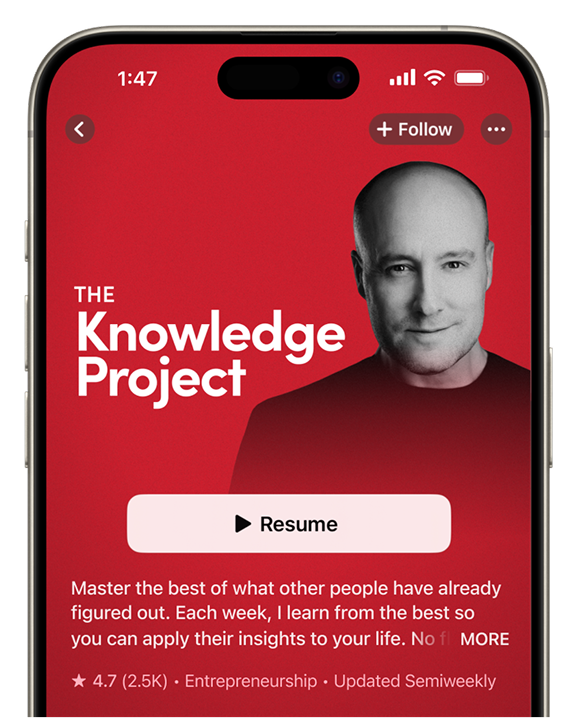Jane McGonigal is a PhD Game Designer who advocates for using video games to help people learn skills that transfer to the real world, heal physical problems like concussions, and improve attitudes and self-esteem in children.
This episode reveals the science behind gaming benefits, debunks myths about violence in video games, and explains how game thinking can prepare us for future challenges. Perfect for parents, educators, and anyone interested in harnessing the positive power of games.
Listen on: Apple Podcasts | Spotify | Transcript
Here are a few highlights from the conversation:
I was writing my first book about all of that research when I got a traumatic brain injury. It started as what seemed like just a normal concussion and it just didn’t heal and it was days, and it was weeks, and it was months. A year later I’m still suffering difficulty with my memory and hard to get out of bed and dizzy all the time, these horrible migraines, depression, anxiety. I guess I was lucky that at some point in that recovery, it occurred to me that I could use everything that I had learned about the psychology and neurochemistry of gaming and why we feel so motivated when we play, why we feel like we can take on any challenge, why it’s easier to ask other people for help.
I don’t care if it’s League of Legends, it’s Fortnite, it’s Candy Crush, whatever you feel drawn to, we know that there is a transferrable benefit, which is you get better at learning new things at dealing with systems that are frustrating and having to adapt. You’re learning new rules, you’re learning new interfaces. It’s designed to frustrate you and you have to adapt and get better. You build confidence in your ability to get better.
Games are just a great way to tell each other what we’re good at and what we want to be appreciated for and what we value in each other.
If you want kids to retain what they study better, you should have them play video games first and then do their homework and then study before they go to sleep. Because if you study first and then as your reward, you get to play games. When you go to sleep, your brain is going to focus on the most salient problem it was recently trying to solve.
In the future of work, we know that workers are going to have to be comfortable collaborating with AI programs and managing their own swarm of bot programs. They’re going to have to be able to work in virtual reality to control robots or drones. There all of these skills around virtual environments, virtual collaboration, remote collaboration that gamers are definitely at the leading edge of developing the skills for.
We actually have violent games that we play and most of them are physical sports where we actually do violence to ourselves and our own bodies and to each other. Video games, the number of people and the hours that we’ve spent playing them has skyrocketed, and yet violent crime has gone down almost on the same curve. And so it’s just completely ludicrous and nobody actually believes it increases violence.
Why are we letting someone else design our kids’ everyday lives? I mean, the amount of time they spend in school. I’m a game designer. I’m really good at designing experiences and environments where you get to learn and grow and improve skills. And I think we need to rethink seeding all of the power of what our kids do every day to a bureaucratic and unimaginative anxiety producing institution.
In my professional as practice, what I’ve discovered is that people who spend a lot of time playing games are actually very effective at anticipating second, third, fourth order consequences of future events.
I had people running around Stanford in 2008 wearing masks, because we were simulating for six weeks a pandemic and how would we have class? How would we throw birthday parties? We pre solved all of that stuff and felt the anxiety, and felt that annoyance, and the frustrations. You can help people prepare for, and imagine these futures just by essentially gaming them, living them, simulating them, so that when they roll around, you’re not frozen. You’re not stuck in the old ways of thinking or doing. Your brains ready to go.
Every time you play a game, you’re choosing how to spend your time and attention. That’s a decision we are constantly making that is often operating at a subconscious level and we don’t necessarily take ownership of it. If you can start to ask yourself, why am I playing this game? And why did I want to play it now and start to articulate why you’re making the choice to play? I think that, that actually can help you develop more clarity in all of the things you do.

